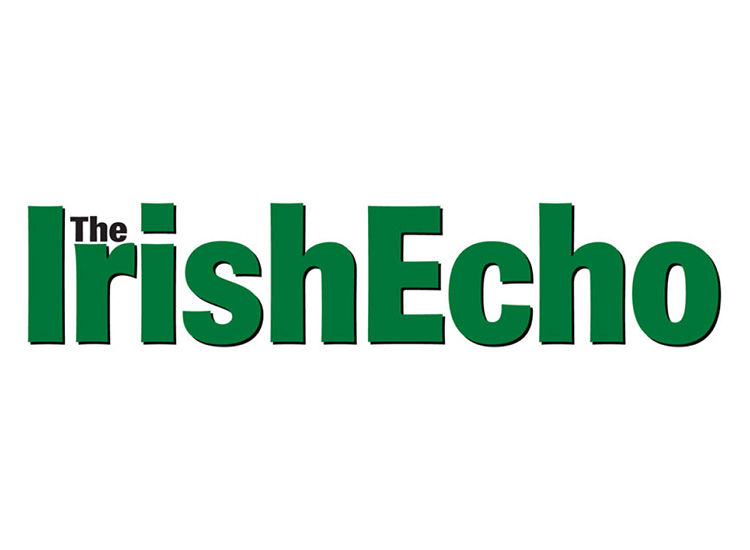In the Charlie Brown cartoons, Lucy offers psychiatric help for five cents. It's the kind of bargain offer that the Irish government might want to consider.
It was reported last week that Goldman Sachs could end being paid as much as €7.8 million for advising the coalition government with regard to the upcoming recapitalization of Ireland's tottering banks.
That's a lot of nickels that the hard pressed Irish taxpayer is going to have to pay them to an investment bank that would actually view such a fee as chump change.
The payout to Goldman was confirmed by finance minister Michael Noonan after he was questioned in the Dáil by Sinn Féin finance spokesman, Pearse Doherty.
The Donegal TD had, according to reports, asked for details on the professional fees linked to the upcoming €24 billion recapitalization.
According to the Irish Independent, the information provided to Mr. Doherty sheds more light on the professional fees bonanza behind the industry-wide recapitalization, Noonan told Doherty that fees of up to €7.8 million may be payable depending on the completion of transactions and performance. Noonan stressed that Goldman was appointed "following a competitive tender evaluation." Lucy, it would seem, didn't put in a bid. "Advise" is an interesting concept in the world of high finance. If it was always good we would presumably be in a much better place right now, be that place the U.S. or Ireland.
In this case the advice, the free version, might have been to find people within the Irish government, civil service, or indeed the banking sector itself, to come up with a few good ideas on how to get the banks afloat again.
But no, such is the level of mystery about all this high falutin' high finance that Goldman had to be brought in. It would be interesting to see in detail what the Irish taxpayer received for the €7.8 million, or if indeed the ultimate fee even stays at that figure.
Here's a portion of a New York Times report last Sunday on the debt crisis in the eurozone. It was contained in the Sunday Money section's "Economic View" column.
"[W]ho wants to put extra capital into those ailing Irish, Portuguese and Spanish banks anyway? In an even bleaker scenario, bank recapitalization won't be realized anytime soon and those same economies will show few signs of growing out of their debts. A broader financial crash will result, and it won't be contained by an easily affordable bailout.
"Those are the choices playing out now . . . in the halls of power centers like Washington, Brussels, Paris, Frankfurt and Berlin. Stay tuned, there's a lot of news on the way, but probably very little be good."
Bet your last €7.8 million that we will stay tuned. This was grim reportage for sure, but the scenario outlined is presumably possible.
The Sunday edition of the New York Times, by the way, costs five bucks.
Now, it is to be hoped that the advice dispensed by Goldman, and the scenario that is supposed to unfold based on it, will be a little more joyous than this grim screed.
After all, if you're forking over a pile of cash on this scale the least you deserve is a warm fuzzy feeling, a glimmer of hope, a sense of applied purpose that willl at least tide you over until the next time that you need advice from someone other than Ms. Van Pelt.








